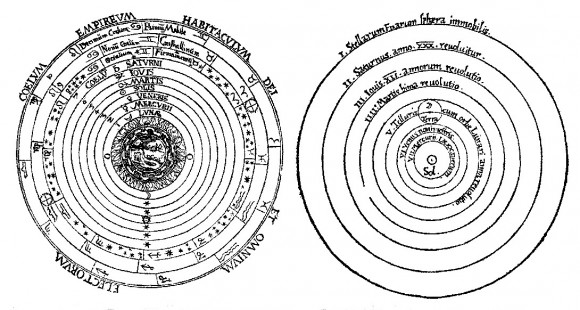Indigophoton
Senior Member (Voting Rights)
Lancet 'Insight': In defence of the biopsychosocial model
A short piece. It's not much of a defence.
http://www.thelancet.com/journals/lanpsy/article/PIIS2215-0366(18)30165-2/fulltext
A short piece. It's not much of a defence.
It is now 40 years since George Engel, a psychiatrist from the University of Rochester, New York, NY, USA, put forward his idea of the biopsychosocial model. Engel argued that if psychiatry aimed to generate a fully scientific and inclusive account of mental disorder, then bioreductionist accounts should be superseded by a new model that adhered to the insights of the General Systems Theory (first proposed by Ludwig von Bertalanffy in 1937 as a scientific approach for the study of whole systems and their component parts). Mental health problems, said Engel, like other types of medical problems, emerge within individuals who are part of a whole system: with both sub-personal physical elements (the nervous system) and supra-personal or psychosocial elements (one-to-one relationships, family, community, society).
(emphasis added)Engel, who had a major interest in psychosomatic medicine, used case studies of people with primarily physical diagnoses such as coronary heart disease in his original papers). Clare argued vehemently that the true medical model is not a biomedical one, but biopsychosocial; a statement that still bears repeating decades later. His exposition of the importance of the model in investigating the cause of the patient's problems, understanding the aetiology, and synthesising these elements into a formulation and a multifaceted plan for treatment, helped me to appreciate one of the essential skills of psychiatry. That is, having the ability, knowledge, and flexibility of attitude to switch between the three different lenses of biology, psychology, and social science; and being capable of sharing, negotiating, and planning with the patient which of these approaches—or combination of them—seems to be optimal for this individual presenting with this problem at this point in time.
If only.We should build our care plan around the needs and wishes of the patient, not the clinician's theoretical preferences.
I liked that bit.Despite its longevity there has been no shortage of critics of the model since Engel first described it. ... In his book The rise and fall of the biopsychosocial model (2010), the American psychiatrist Nassir Ghaemi went further in his condemnation, arguing that it “rose from the ashes of psychoanalysis and is dying on shoals of neurobiology”.
http://www.thelancet.com/journals/lanpsy/article/PIIS2215-0366(18)30165-2/fulltext
Last edited by a moderator:

